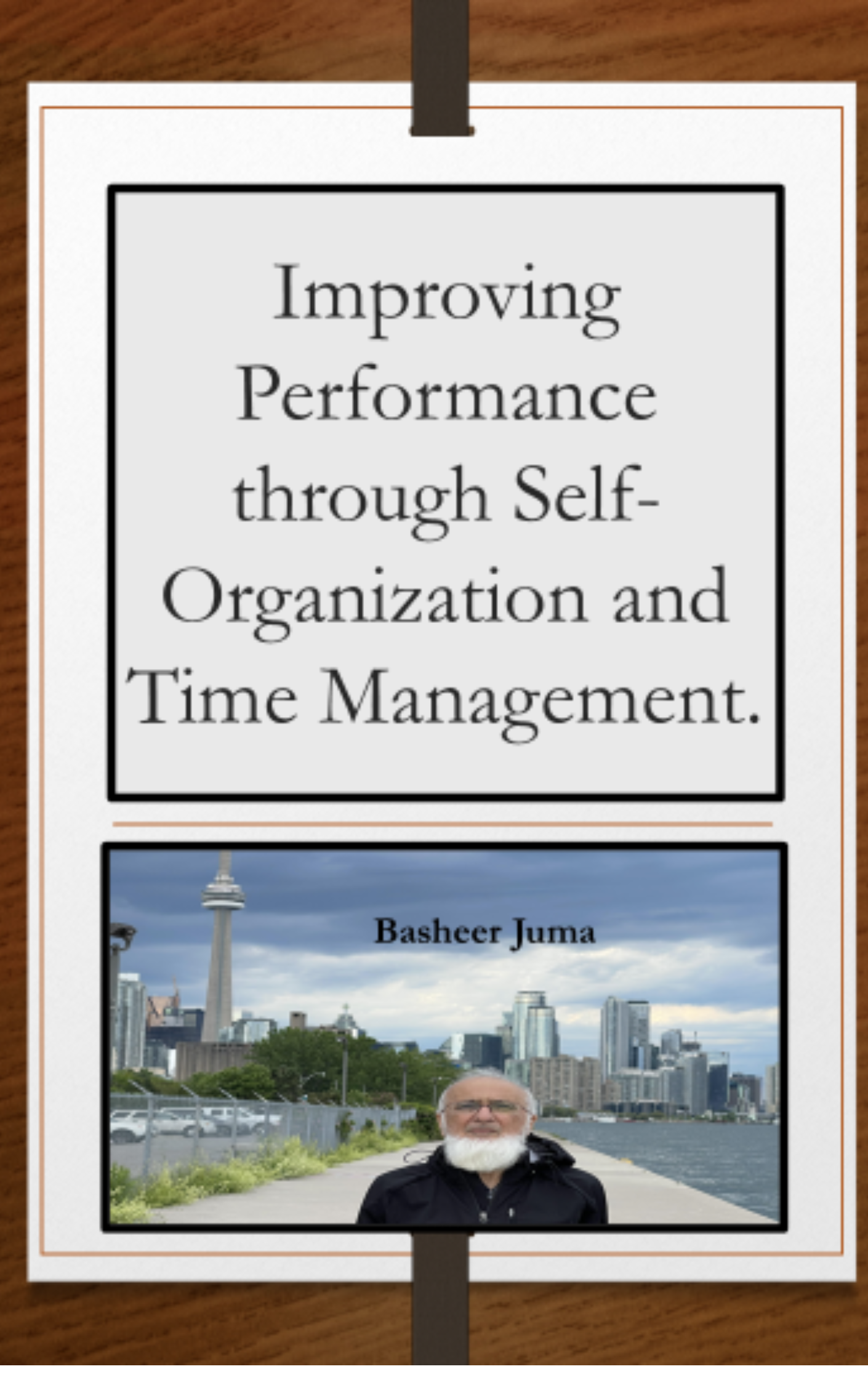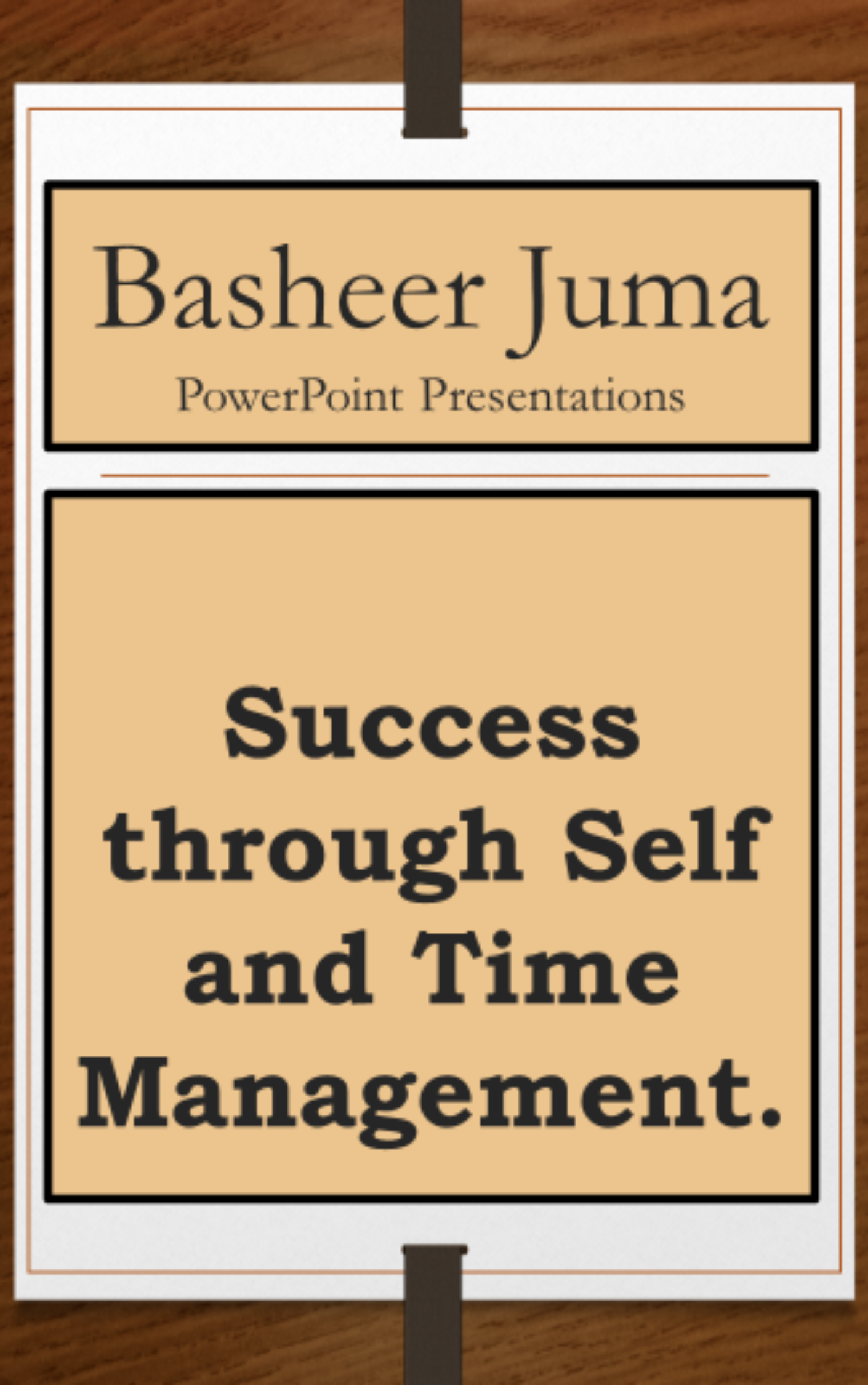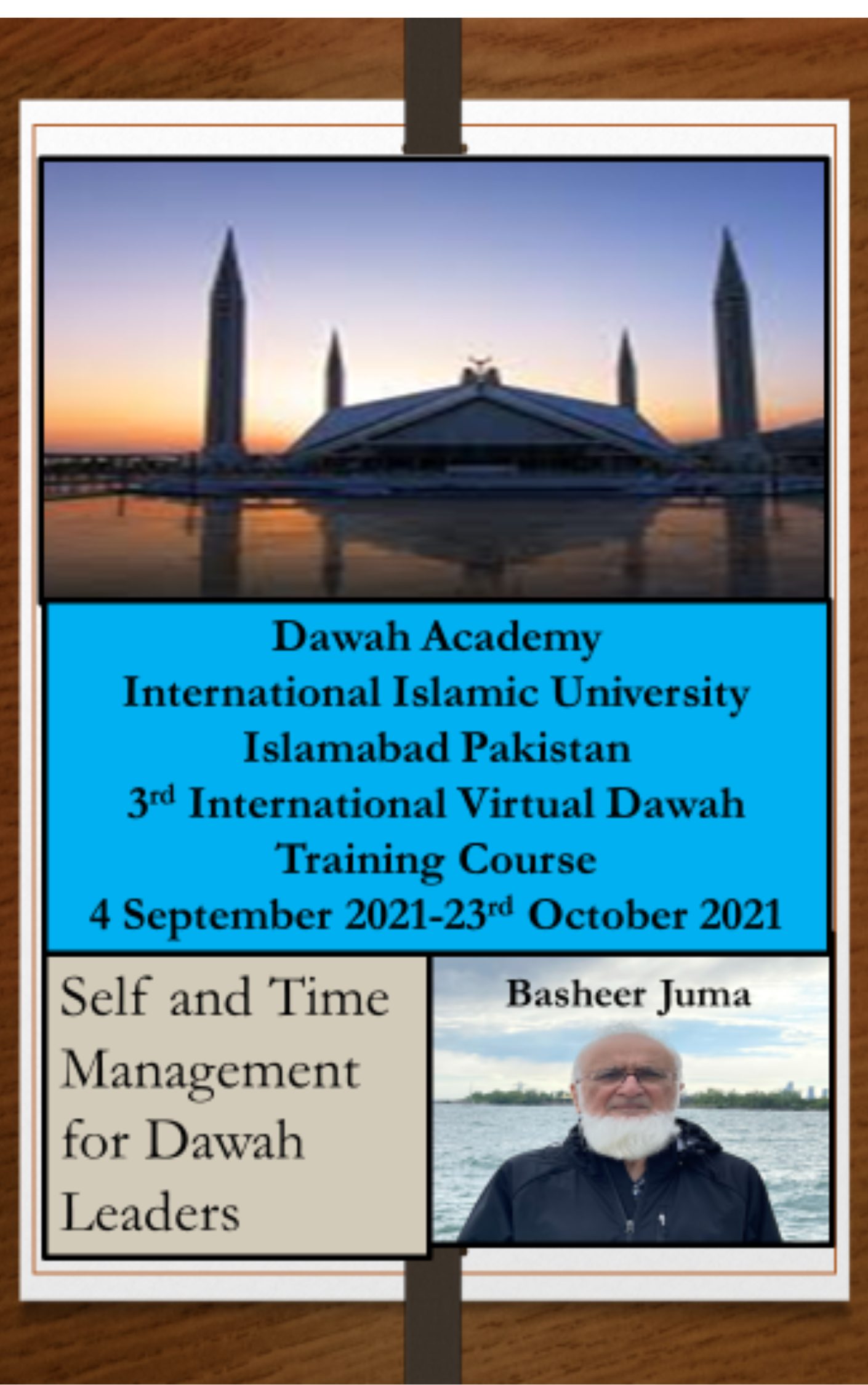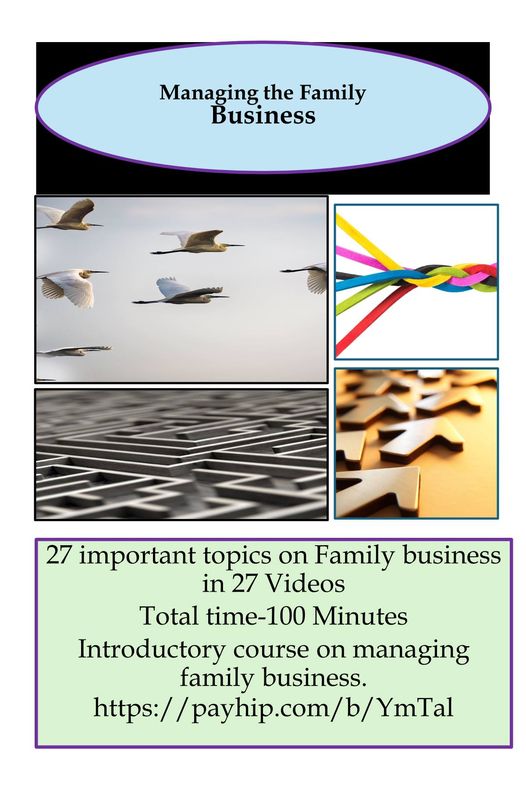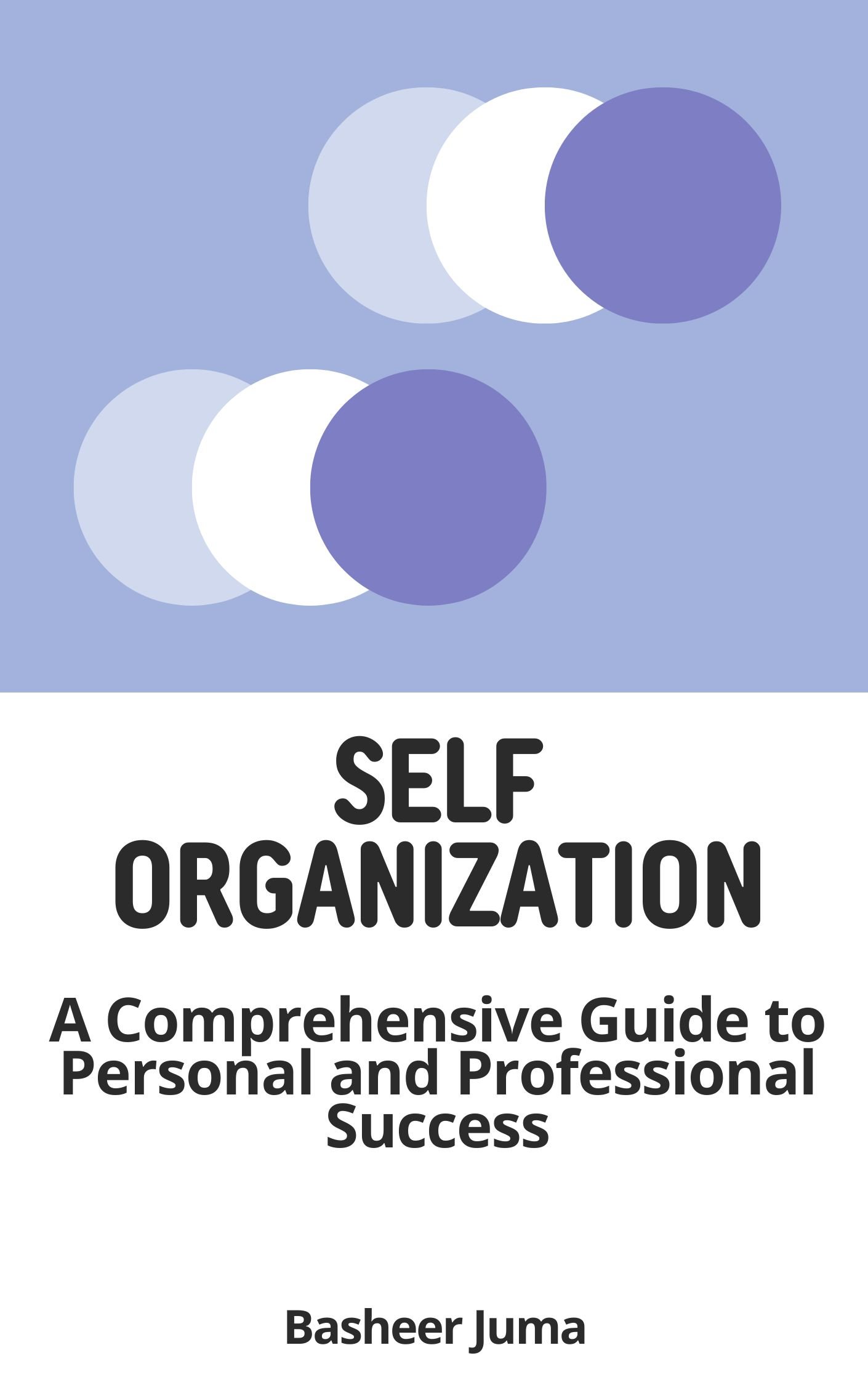
Mastering Self-Organization: A Comprehensive Guide to Personal and Professional Success
Embark on a transformative journey towards a more organized, productive, and fulfilling life. By embracing the principles this book outlines, you can unlock the door to personal and professional success. Read "Mastering Self-Organization" and start building the life you've always envisioned, feeling confident and in control of your destiny.
Understanding Personal or Self-Organization
Personal or self-organization refers to the ability to systematically arrange and manage one's activities, tasks, and resources to efficiently achieve personal and professional goals. It encompasses a range of skills and practices that help individuals create order, set priorities, and maintain focus amidst the complexities of daily life. Here are the critical components of personal or self-organization:
1. Time Management:
Efficiently planned and allocated time for various activities and responsibilities. This includes setting daily, weekly, and long-term goals, prioritizing tasks, and using techniques like time blocking and the Pomodoro Technique to enhance productivity.
2. Task Management:
They are organizing tasks by their urgency and importance, using tools such as to-do lists, planners, and project management apps. Effective task management involves breaking down larger projects into manageable steps, delegating when necessary, and regularly reviewing progress.
3. Goal Setting:
Establishing clear, specific, and achievable goals. Frameworks like SMART (Specific, Measurable, Achievable, Relevant, Time-bound) help set actionable goals that can be tracked and reviewed over time.
4. Decluttering:
It is maintaining a clean and organized physical and digital workspace. This involves regularly cleaning and organizing spaces, adopting minimalist principles, and ensuring that unnecessary items do not accumulate.
5. Utilizing Technology:
It is leveraging productivity tools and apps to streamline tasks and improve efficiency. This includes digital calendars, task management apps, note-taking software, and automation tools.
6. Healthy Habits:
Incorporating practices that support mental and physical well-being, such as regular exercise, adequate sleep, healthy eating, and mindfulness, can help sustain energy levels, improve concentration, and improve performance.
7. Financial Organization:
This involves managing personal finances through budgeting, expense tracking, and setting up savings and investment plans. The financial organization ensures that resources are allocated effectively, supporting both short-term needs and long-term goals.
8. Continuous Learning and Development:
You engage in lifelong learning through online courses, workshops, and seminars. Continuous learning helps one stay updated with industry trends, acquire new skills, and enhance personal growth.
9. Hobbies and Interests:
Dedicating time to hobbies and creative pursuits. This provides a healthy work-life balance and fosters creativity and personal satisfaction.
10. Mindfulness and Meditation:
Practicing mindfulness and meditation to enhance focus, reduce stress, and improve emotional regulation. These practices help maintain mental clarity and resilience.
Personal or self-organization is about creating a structured approach to managing life's demands, enabling individuals to lead more productive, balanced, and fulfilling lives. By mastering these skills, one can effectively navigate the complexities of modern life, achieve personal goals, and maintain a sense of control and well-being.



